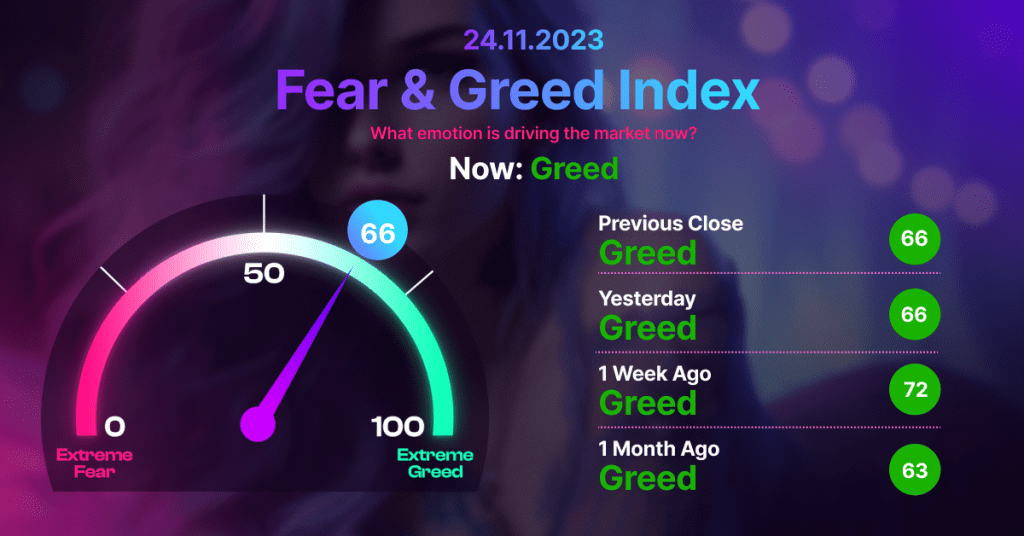Justin Sun-related crypto platforms hacked 4 times in 2 months; Wallet of Satoshi removed from Apple and Google US app stores; South Korea to invite 100,000 citizens to test CBDC in 2024
Justin Sun-related crypto platforms hacked 4 times in 2 months
Tron founder Justin Sun’s crypto businesses have been repeatedly targeted by hackers over the past two months, with at least four attacks on platforms related to the crypto entrepreneur.
Sun’s HTX crypto exchange has been hacked at least twice since the platform rebranded from Huobi on 13 September 2023. The first HTX attack occurred just days after the rebranding, with an unknown attacker stealing approximately $24 million in crypto on 8 September 2023.
In the second hack, HTX lost $13.6 million due to a hot wallet breach, which was initially reported to be $30 million. HTX, formerly known as Huobi, was acquired by Sun in October 2022.
The hackers also focused on other Sun-related cryptocurrency platforms, including the Sun-owned cryptocurrency exchange Poloniex and the HTX Eco Chain (HECO) bridge.
Poloniex suffered a significant security breach on 10 November, when attackers stole at least $100 million in cryptocurrency from the exchange. Sun, which acquired the company in 2019, reported on X (formerly Twitter) that Poloniex had disabled the wallet. According to blockchain security firm CertiK, the incident was likely a “private key compromise”.
HTX’s HECO chain bridge, a tool designed to move digital assets between HTX and other networks such as Ethereum, also suffered a major breach. Unknown hackers compromised HECO on 22 November, sending at least $86.6 million to suspicious addresses.
In total, the platforms have lost around $208 million in four attacks over the past two months. Despite Tron founder Sun’s promise to recoup losses for all four incidents, some crypto enthusiasts urged the community to stay away from Poloniex and HTX, with several questioning who may have been involved in the attacks.
A crypto observer argued that Sun is “in big trouble”, noting that Poloniex has been closed for five days and HTX offers 100% interest on cryptocurrencies such as Bitcoin.
Continued speculation led the US Securities and Exchange Commission to file a civil lawsuit against Sun.
A US court then sent a subpoena to Sun’s Singapore address in April 2023. In August, the SEC said its case against Sun was ongoing.
Wallet of Satoshi removed from Apple and Google US app stores
The Bitcoin Lightning payment app Wallet of Satoshi (WoS) has disappeared from the Apple App Store and Google Play Store in the United States, as it approached more than 1 million transactions in November.
On 24 November, many users and crypto community participants on X (Twitter) reported that they could not find the WoS app in the Apple or Google stores and were redirected to competing wallet apps when they tried to search for it.
However, the WoS app was still available for download in the Australian Apple App Store and the Australian and Singapore Google Play stores.
Wallet of Satoshi is a popular Lightning payment platform that was on track to process more than 1.1 million Lightning payments in November, according to industry author and podcaster Kevin Rooke.
Rooke added that this will be the company’s “biggest month for Lightning payments ever”.
Apple charges a hefty 30 per cent tax on in-app payments, and this tax is a barrier for crypto platforms that want to participate in the App Store.
Apple has a history of removing crypto applications; in June, the company removed the Nostr-based Damus application from the list due to its bitcoin betting feature. It also briefly removed the MetaMask wallet app from the App Store in October.
South Korea to invite 100,000 citizens to test CBDC in 2024
The Bank of Korea (BOK), South Korea’s central bank, announced that it will invite 100,000 Korean citizens to purchase goods with deposit tokens as part of the central bank digital currency (CBDC) pilot. The test will begin “around September-October” of 2024 and last for three months.
According to a report by the Korea Times on 23 November, participants will be limited to using CBDC only for payment, with no option to store, exchange or send to other users. The purpose of the pilot phase is to assess the feasibility and effectiveness of issuing and distributing the currency.
The BOK will also collaborate with the Korea Exchange to integrate the new digital currency into a simulation system for carbon emission trading, testing the feasibility of delivery and payment transactions.
The Bank of Korea announced the launch of the CBDC pilot in October. The pilot, which will test retail and wholesale CBDCs, will involve private banks and public institutions, while the BIS will provide expert technical support.
The BIS has been at the forefront of global CBDC adoption. In addition to helping the Swiss National Bank develop a wholesale CBDC, it is helping to establish a common platform with the central monetary authorities of China, Hong Kong, Thailand and the United Arab Emirates. He is also developing a proof of concept for a transaction tracker with the European Central Bank, among numerous other projects.


